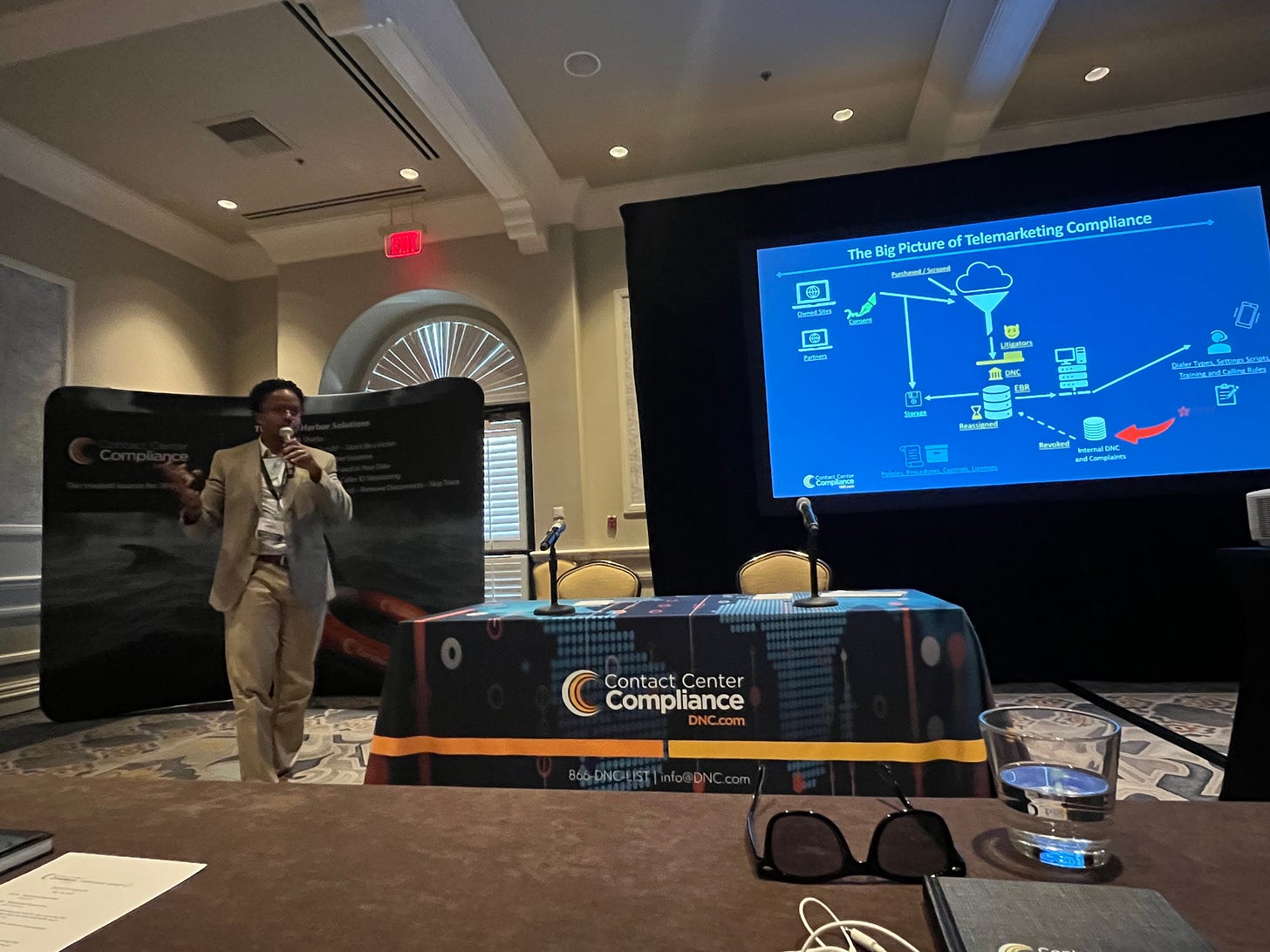Is AI for Sales & Marketing Illegal??
Disclaimer: I am not an attorney and anything I share should be confirmed with your legal counsel before you take any action on it.
Keep reading with a 7-day free trial
Subscribe to AI Workflows for Wealth by Arvell Craig to keep reading this post and get 7 days of free access to the full post archives.



